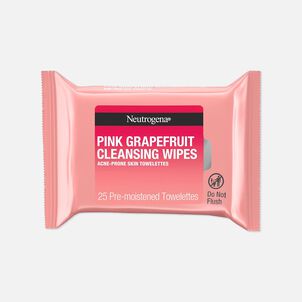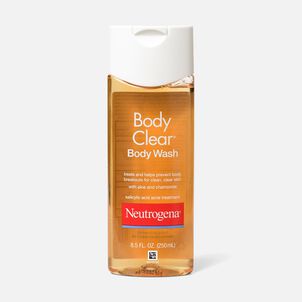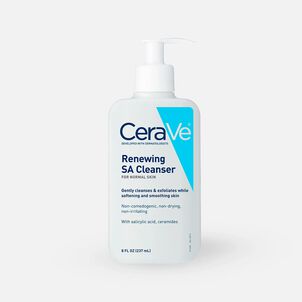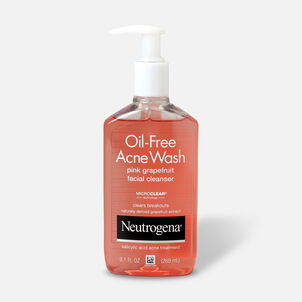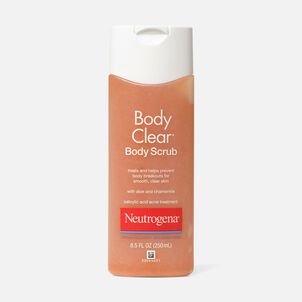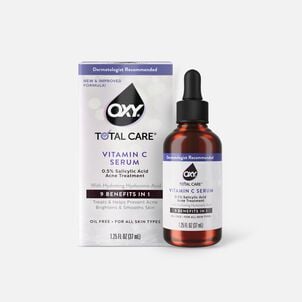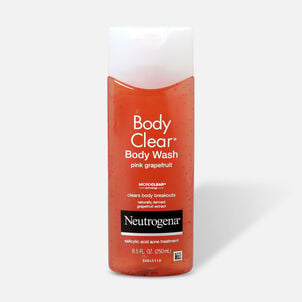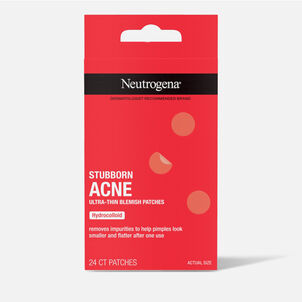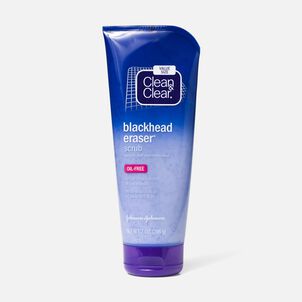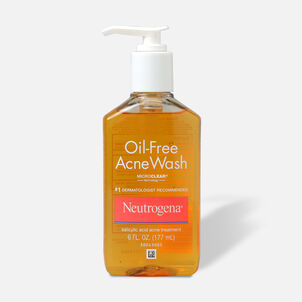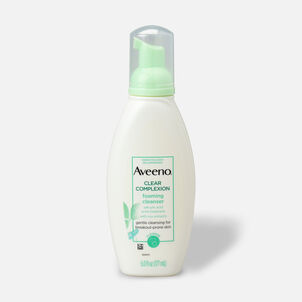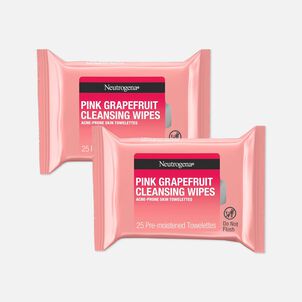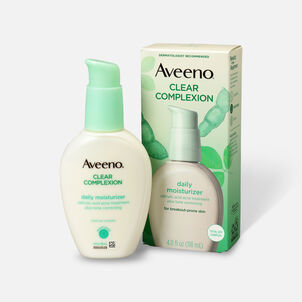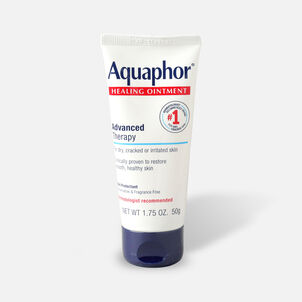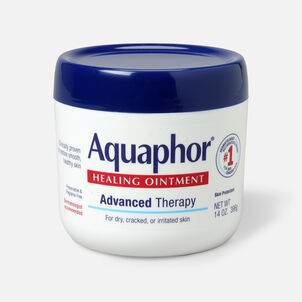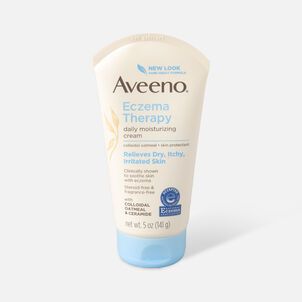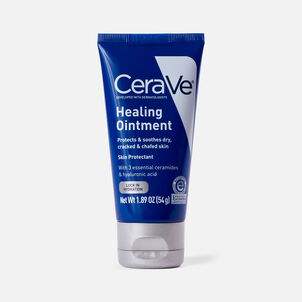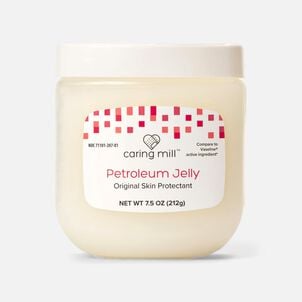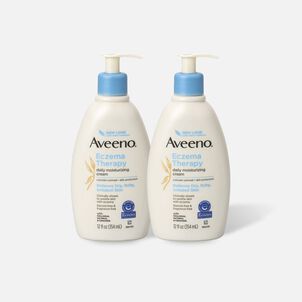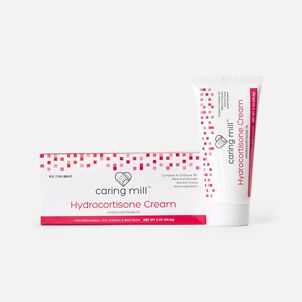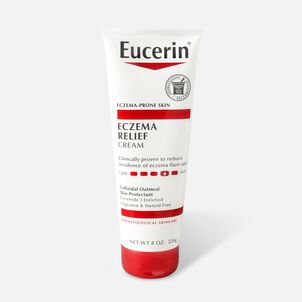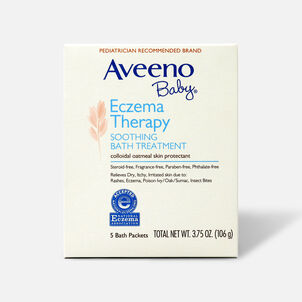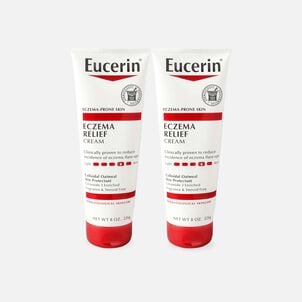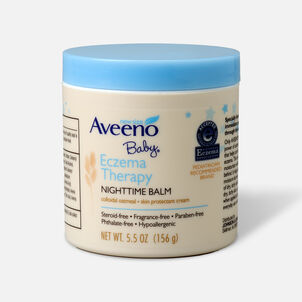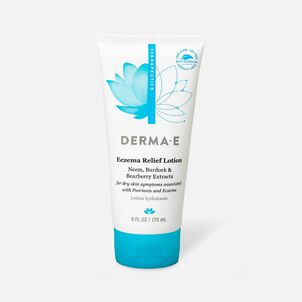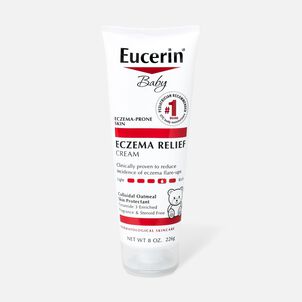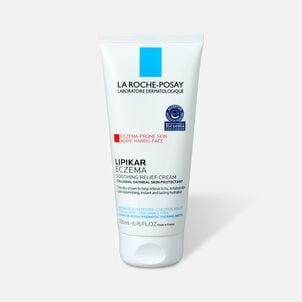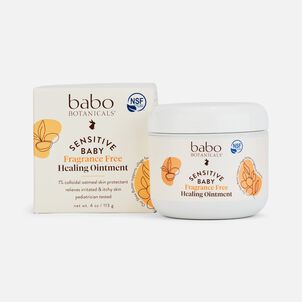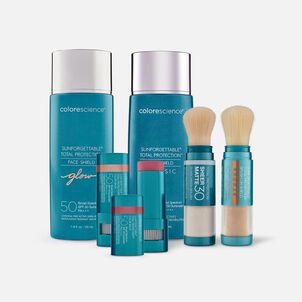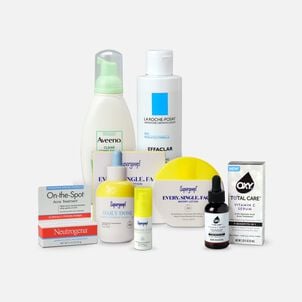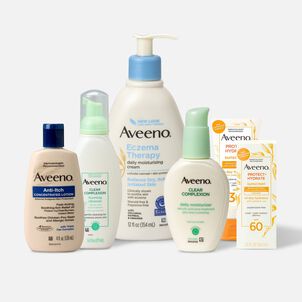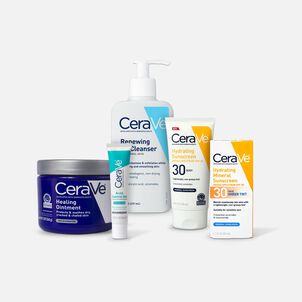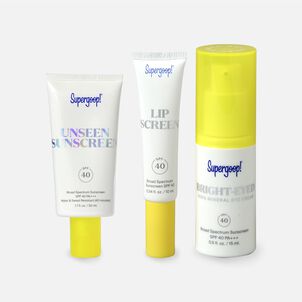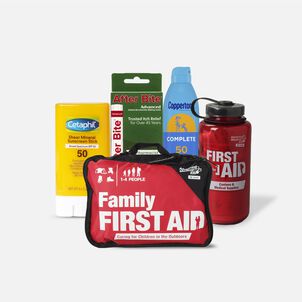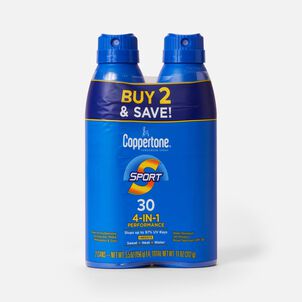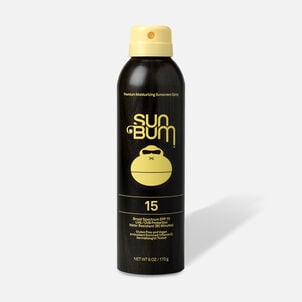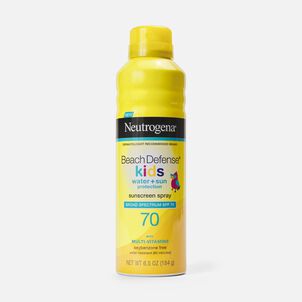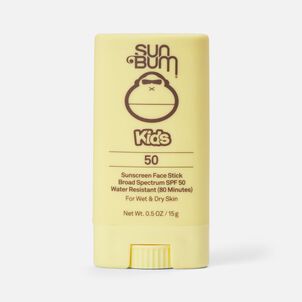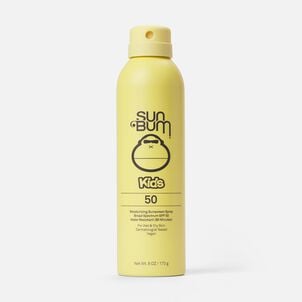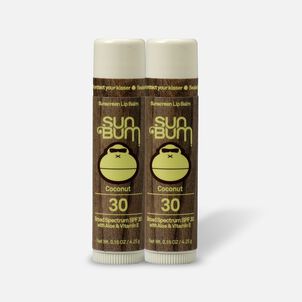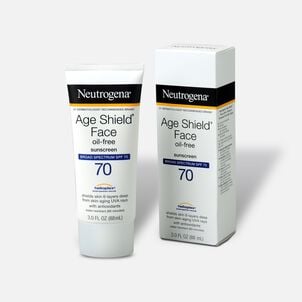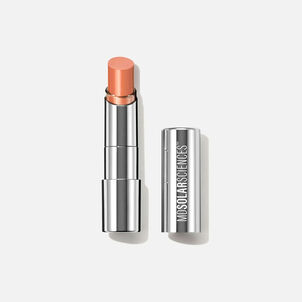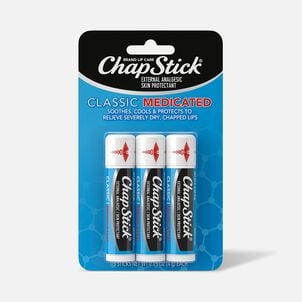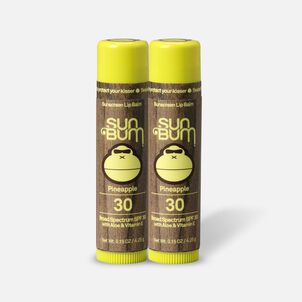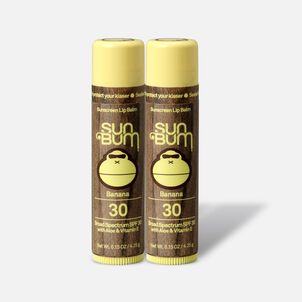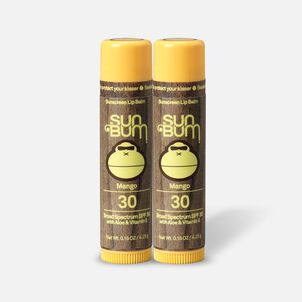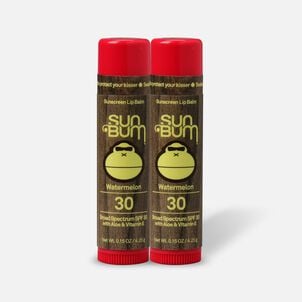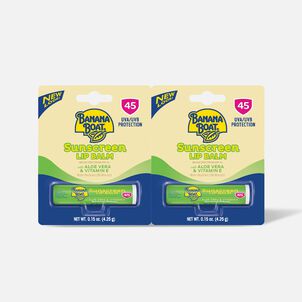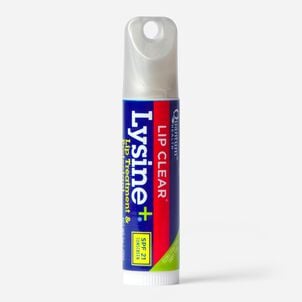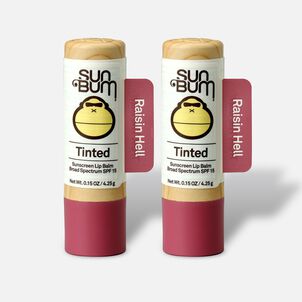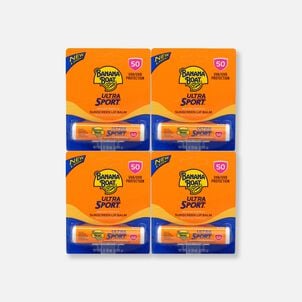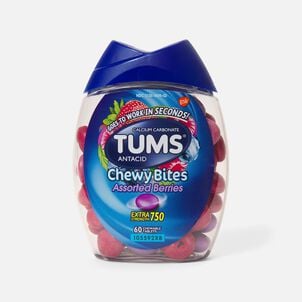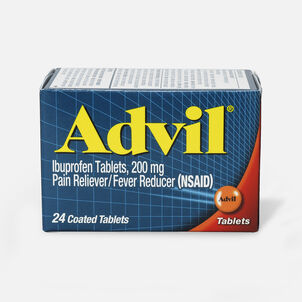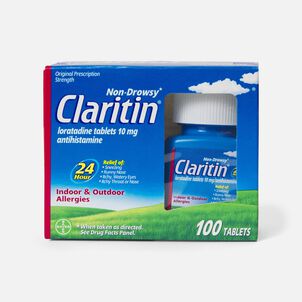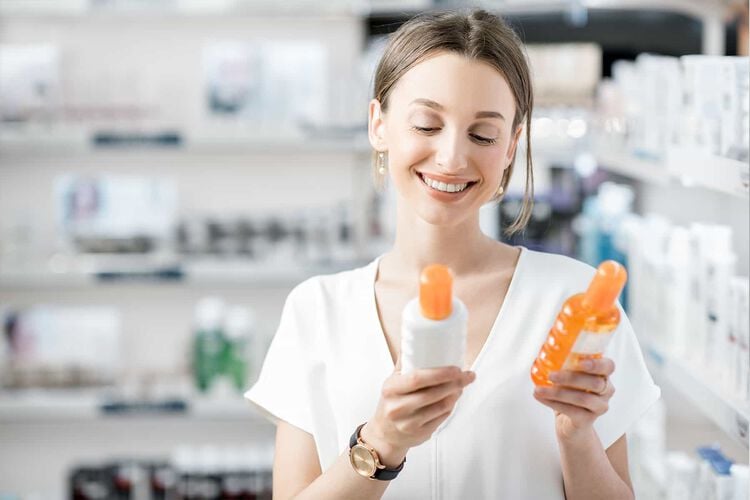Skin ailments can be some of the most frustrating conditions to deal with. The embarrassing nature of a blemish, rash or bump can make it awkward to seek treatment, and many dermatological conditions have overlapping symptoms that make them difficult to deal with.
To make matters worse, skin care products can get really, really expensive. Your FSA can help with that — depending on the type of product you need. Here's a basic list of what skin care products are covered by your FSA, and what you'll need to pay for yourself.
What's Covered
Patients may be surprised to find that many popular skin care treatments and remedies that treat specific conditions are FSA eligible. When you buy these items with your FSA card, keep the receipt to prove you spent the funds on qualifying items.
Dermatology visits
Seeing a dermatologist for a skin condition is FSA eligible. You can use your FSA to pay what your insurance doesn't cover. Annual skin exams to check for skin cancer are also FSA eligible.
You can also use your FSA to see a nurse or physician's assistant working in a dermatology office.
Acne treatments
You can use an FSA to pay for both over-the-counter and prescription acne treatments. These include acne-targeted facial cleansers, spot treatments, pads, pimple patches, body washes, sprays, gels, and more.
Dermatologist visits to discuss your acne concerns are also covered. If they prescribe a product, you can pay for that prescription with your FSA.
Treatments for other skin conditions
If you suffer from eczema, psoriasis, rosacea or another type of skin condition, many over-the-counter topical treatments qualify for FSA reimbursement.
The brands Eucerin and Aveeno have dedicated product lines for these diseases, including creams, bath treatments, balms and ointments.
Wart removal
Having warts on your face or body can be a painful experience. Wart removal by a dermatologist is covered by your FSA. You can also use an over-the-counter topical wart freeze cream.
Sunscreen
Sunscreens that are SPF 15 and above and provide broad spectrum protection are FSA eligible — including lotions, sprays, powders, and baby sunscreen products. Travel sizes of sunscreen also qualify. Using sunscreen regularly may prevent skin cancer and decrease the effects of aging. Dermatologists generally recommend using a broad-spectrum sunscreen, meaning it covers both UVA and UVB rays. You should try to use sunscreen with an SPF 30 or higher: anytime you're going outside, even during the winter or on a cloudy day.
Retinoids
Prescription and over-the-counter retinoids may be used to treat acne, and are also FSA-eligible.
Sunscreen Lip balm
Broad-spectrum, SPF 15+ lip balms are FSA-eligible, like the Sun Bum Lip Balm. These types of products are eligible because their primary purpose is to protect your lips from sun damage. Tinted lip balms that are SPF 15+ and broad spectrum may also be FSA-eligible. Try the Coola From Beach To Boardroom Tinted Mineral Liplux Trio, which includes three different shades.
You can also pay for medicated lip balms with your FSA.
Aloe vera
Aloe vera creams and gels are commonly used after a sunburn, but can only be purchased with your FSA if you have a Letter of Medical Necessity (LMN) from a healthcare professional. However, aloe vera creams that contain supplemental medical ingredients may be FSA-eligible without an LMN, like the Solarcaine Aloe Extra Burn Relief Gel.
Medicated face cream
Medicated face creams used to treat skin conditions like eczema, rosacea, acne or psoriasis are eligible.
Humidifiers
Those with dry skin may also suffer from dry nasal passages, which can be remedied with a humidifier. A humidifier releases moisture into the air and is especially helpful in dry climates or during the dry winter months. These appliances may be FSA eligible if you have an LMN from a medical professional. Needing a humidifier just for dry skin may not be enough to get an LMN, but you can call your doctor to find out.
Scar treatment
If you have a scar as a result of an illness or injury, or that makes it harder to move or causes severe pain, you can undergo scar treatment to improve your symptoms. This may be FSA eligible if you have an LMN. In these cases it is always best to check with your benefits administrator.
Skin tag removal
Having a dermatologist or other doctor remove a skin tag may be covered by your FSA if you have an LMN. This treatment must be related to treating or alleviating a medical condition in order to be considered eligible. Again, it's best to check with your benefits administrator.
What's not covered
Skin care products and services that are primarily for cosmetic reasons are not FSA eligible. Here are the most common examples:
Skincare services
Skin care services focused on improving your skin's appearance are not FSA eligible. These include facials, microdermabrasion, laser resurfacing, chemical peels, and any type of cosmetic surgery. These aren't covered even if they're performed by a dermatologist. Botox, fillers, and CoolSculpting also do not qualify. The only exception is if you're getting Botox to relieve migraines or excessive sweating.
Basic skincare supplies
Cleansers, face creams, moisturizers, toners, makeup removers, serums, and eye creams are not FSA eligible. Face rollers, skin care masks, and facial brushes also do not qualify. Even if your dermatologist recommends a specific skincare product, it won't be eligible unless it is for the treatment or alleviation of a medical condition.
Vitamins and supplements
Biotin is a popular supplement people take to improve their skin, hair and nails. Unfortunately, it is not FSA eligible. Even if you suffer from brittle nails, you can't use your FSA to pay for Biotin.
All vitamins and dietary supplements are currently ineligible with an FSA, with the exception of prenatal vitamins and glucosamine and chondroitin products.
To find more suggestions on how to spend your FSA, visit our online learning center.
-
Thank you for visiting the FSA Store Learning Center! Don’t forget to follow us for more helpful tips on Facebook, Instagram, and Twitter!


